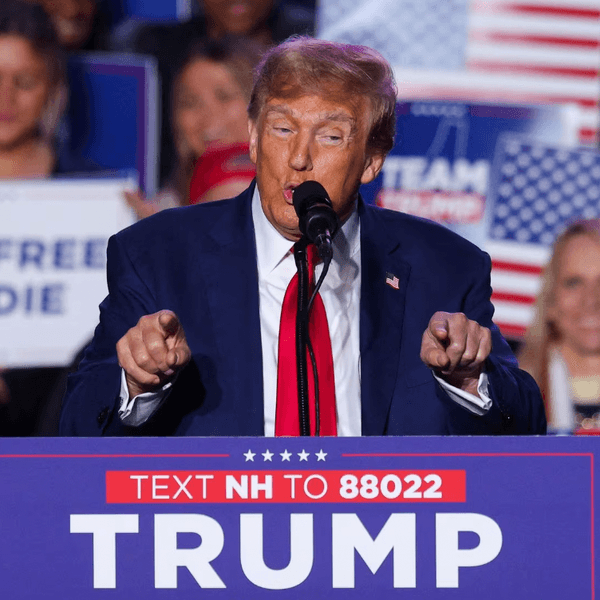The banking industry’s complete lack of ethics and self-restraint plummeted the world into a financial crisis in 2008, the repercussions of which we are still battling today. Despite that history, it still doesn’t seem like bankers have learned that their nonchalant cheating can have serious consequences.
A new survey of 500 senior executives from the financial sector has been released by the law firm Labaton Sucharow, and some of the heartwarming results include:
-24 percent believed that it’s necessary to engage in unethical or illegal activity in order to be successful
-30 percent said their compensation plans created pressure to compromise ethical standards or violate the law
-26 percent indicated that they had observed or had firsthand knowledge that their workplace engaged in wrongdoing, and only 41 percent said that their organization “definitely” did not engage in unethical or illegal activity
-16 percent would likely participate in the crime of insider trading if they could get away with it
And one of the most revealing findings is that only one in four respondents believed that watchdogs such as the SEC/SFO, FINRA, and FSA are effective in deterring, investigating, and prosecuting securities violations. The 2008 financial meltdown has led to new reforms such as Obama’s Dodd-Frank Wall Street Reform and Consumer Protection Act to strengthen regulations. But as the survey has demonstrated, banks are still willing to engage in fraudulent activity — in part, due to our country’s comforting history of how we’ve dealt with banking corruption. After the Barclays scandal, a New York Times article explained why Bob Diamond, now the former CEO, was surprised to have been forced out of his job at the U.K. based investment bank:
MR. DIAMOND seemed shocked to be pushed out. An American by birth, he probably thought he’d be subject to American rules of engagement when confronted with evidence of wrongdoing at his bank. You know how it works on this side of the Atlantic: faced with a scandal, most chief executives jettison low-level employees, maybe give up a bonus or two — and then ride out the storm. Regulators, if they act, just extract fines from the shareholders.
Not a single high-profile U.S. participant of the 2008 banking crisis has been prosecuted. Is it a coincidence that American citizens’ faith in financial institutions is the lowest it’s even been?
Meanwhile, headlines in Iceland read: “Bankers jailed, sued as Iceland seeks culprits for crisis.” Is it a coincidence that its economy is set to, on average, outgrow the euro area and developed world this year?
If elected, Mitt Romney has promised to repeal the Dodd-Frank Act in order to loosen regulations for his friends (and donors) on Wall Street. If he is successful, Nobel Prize winner and former World Bank economist Joseph Stiglitz warns, “bankers — without threat of prosecution or jail time — would continue to use their elevated status to exploit weak regulations, consolidate power, and avoid accountability.”








